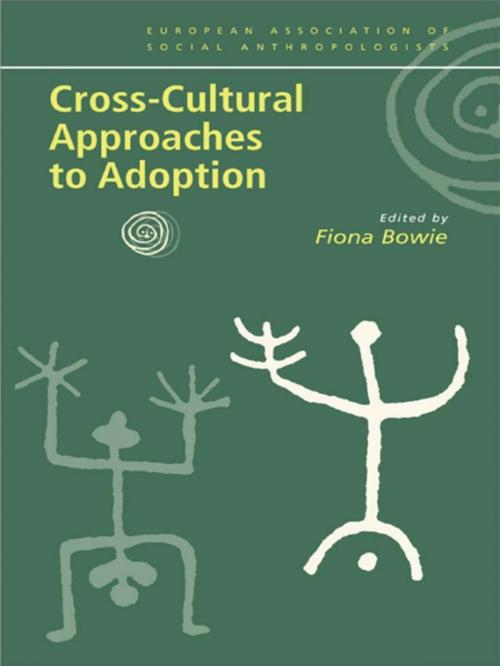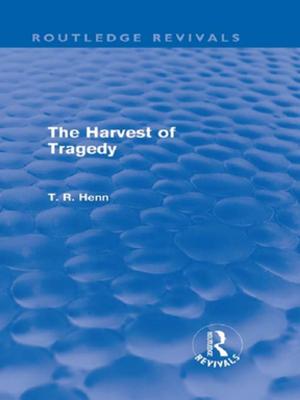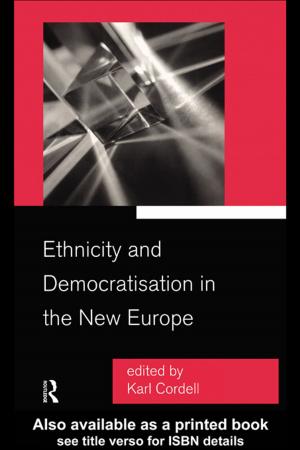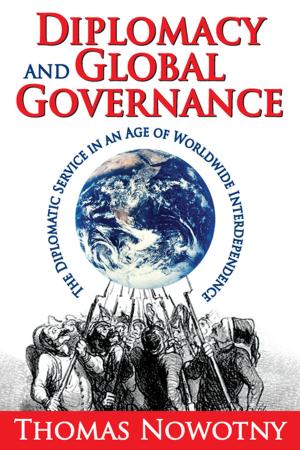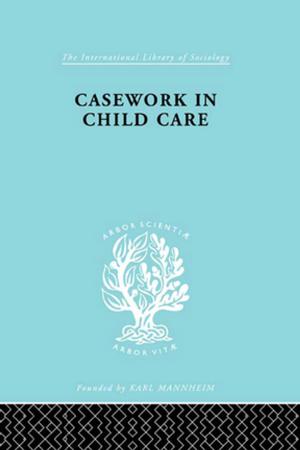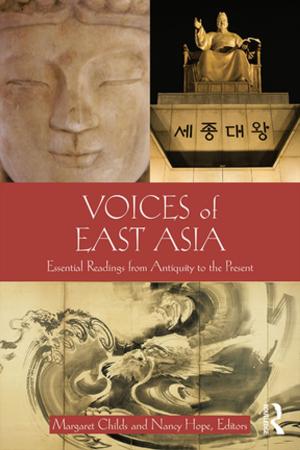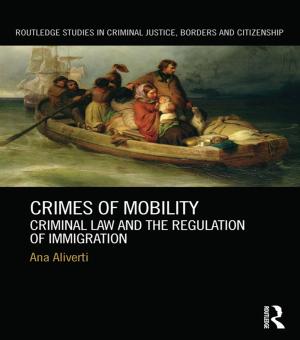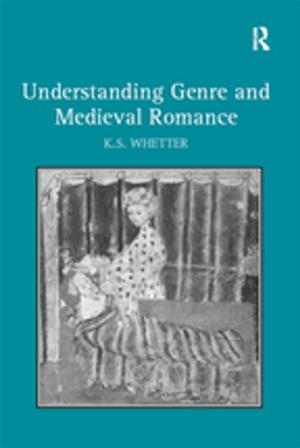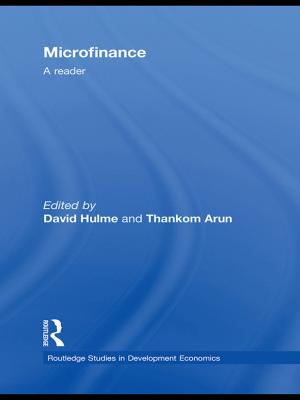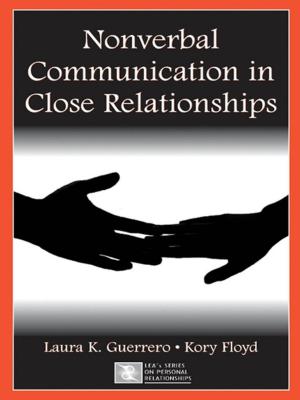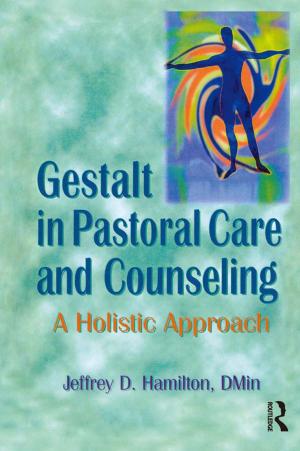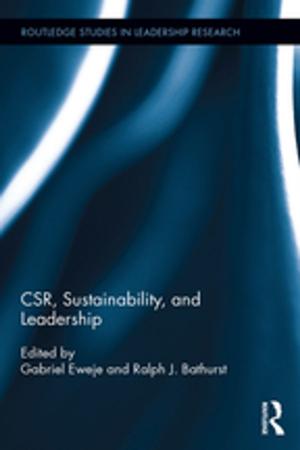Cross-Cultural Approaches to Adoption
Nonfiction, Social & Cultural Studies, Social Science, Anthropology| Author: | ISBN: | 9781134411771 | |
| Publisher: | Taylor and Francis | Publication: | October 7, 2004 |
| Imprint: | Routledge | Language: | English |
| Author: | |
| ISBN: | 9781134411771 |
| Publisher: | Taylor and Francis |
| Publication: | October 7, 2004 |
| Imprint: | Routledge |
| Language: | English |
Adoption is currently subject to a great deal of media scrutiny. High-profile cases of international adoption via the internet and other unofficial routes, have drawn attention to the relative ease with which children can be obtained on the global circuit, and have brought about legislation which regulates the exchange of children within and between countries. However a scarcity of research into cross-cultural attitudes to child-rearing, and a wider lack of awareness of cultural difference in adoptive contexts, has meant that the assumptions underlying Western childcare policy are seldom examined or made explicit.
These articleslook at adoption practices from Africa, Oceania, Asia and Central America, including examples of societies in which children are routinely separated from their biological parents or passed through several foster families. Showing the range and flexibility of the child-rearing practices that approximate to the Western term 'adoption', they demonstrate the benefits of a cross-cultural appreciation of family life, and allow a broader understanding of the varied relationships that exist between children and adoptive parents.
Adoption is currently subject to a great deal of media scrutiny. High-profile cases of international adoption via the internet and other unofficial routes, have drawn attention to the relative ease with which children can be obtained on the global circuit, and have brought about legislation which regulates the exchange of children within and between countries. However a scarcity of research into cross-cultural attitudes to child-rearing, and a wider lack of awareness of cultural difference in adoptive contexts, has meant that the assumptions underlying Western childcare policy are seldom examined or made explicit.
These articleslook at adoption practices from Africa, Oceania, Asia and Central America, including examples of societies in which children are routinely separated from their biological parents or passed through several foster families. Showing the range and flexibility of the child-rearing practices that approximate to the Western term 'adoption', they demonstrate the benefits of a cross-cultural appreciation of family life, and allow a broader understanding of the varied relationships that exist between children and adoptive parents.
